Dr. Nguyen Van Khoi, Chairman of the Vietnam Real Estate Association (VNREA), said: The Vietnamese real estate market is facing 7 huge challenges.
Firstly, the Vietnamese real estate market is experiencing a supply-demand imbalance, which is a prominent issue that seriously affects the sustainable development of the market.
Many real estate projects only focus on developing products targeting high-income customers, leading to a situation where the supply of high-end real estate, villas, and luxury apartments is constantly increasing, even in excess, while the supply of social housing and low-cost housing serving the majority of people is seriously lacking.
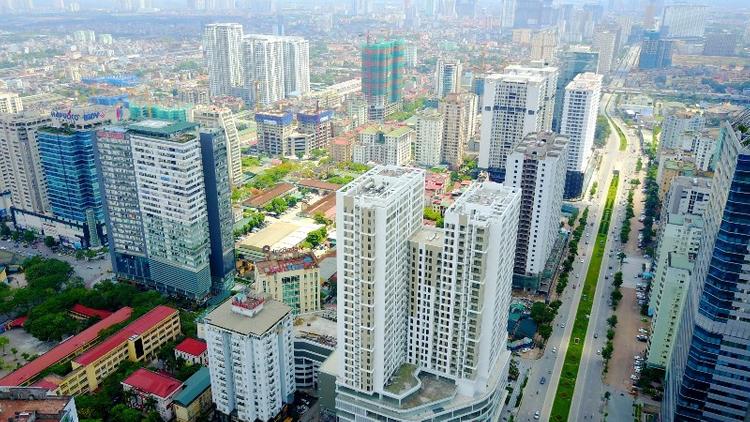
Vietnam's real estate market is facing 7 huge challenges. (Photo: ST)
This imbalance has resulted in many unsold projects, putting pressure on businesses’ capital flows. As a result, a large number of luxury apartments are left vacant, causing a huge waste of social resources, while the majority of people still have difficulty finding housing that fits their financial capacity.
The main reason for this situation is the lack of synchronization in development strategy, weak incentive policies and complicated administrative procedures, making businesses not interested in investing in the low-cost housing segment.
To overcome this, the Chairman of VNREA said that Vietnam needs to have clear support policies, promote administrative procedure reform, create more favorable conditions for businesses to participate in developing social housing, thereby rebalancing the market, meeting the actual needs of the majority of people.
Second, the market is facing challenges from infrastructure and planning.
Dr. Nguyen Van Khoi said that slow-developing urban infrastructure and planning work that has not caught up with reality are becoming major barriers for the Vietnamese real estate market.
As urban areas expand rapidly, population increases sharply and demand for housing increases, technical infrastructure such as transportation, electricity, water, and wastewater treatment still cannot meet the requirements.
“This causes serious traffic congestion, prolonged flooding after each heavy rain, and a lack of essential public services, directly affecting the quality of life of urban residents,” said Mr. Khoi.
In addition, current urban planning still has many shortcomings, lacks flexibility and is updated slowly compared to the development speed. Many localities approve rigid planning, far from reality, and not in sync with socio-economic development.
As a result, large real estate projects are implemented slowly and adjusted many times, causing great losses for businesses and people, while reducing investment attractiveness.
To overcome this situation, Mr. Khoi suggested that localities need to focus on strong and synchronous investment in developing essential infrastructure, while strengthening inter-sectoral coordination in building more practical, scientific, flexible and sustainable urban planning.
“Only when infrastructure and planning keep up with urban development can the real estate market develop stably and sustainably, contributing positively to the overall socio-economic development of the country,” said Mr. Khoi.
Third, difficulties in accessing capital and financial risks. Although the Government has made many positive reforms to support the real estate market, the reality shows that accessing credit capital is still a big challenge for businesses, especially small and medium enterprises.
One of the main reasons for this situation is that lending conditions are still relatively strict, requiring high collateral and complicated procedures that make it difficult for businesses to meet.
In addition, lending interest rates remain high beyond the tolerance of both businesses and home buyers, significantly increasing investment costs and debt repayment pressure.
This has caused many potential projects to be halted or delayed, hindering the market’s recovery and limiting growth opportunities. While large enterprises have the ability to raise capital from a variety of sources, small and medium-sized enterprises are almost entirely dependent on bank capital, making them more vulnerable to market fluctuations and monetary policy.
To overcome this difficulty, Mr. Khoi hopes to have more specific policies, support interest rate reduction, simplify loan procedures, and expand alternative financial sources such as investment funds and corporate bonds.
Only when the problem of access to capital is thoroughly resolved, will the Vietnamese real estate market truly stabilize and develop sustainably. Social housing buyers have difficulty accessing loans because of high interest rates, short repayment periods, and financial difficulties (not having enough 20% equity), so they cannot borrow 80% of bank capital in the VND145,000 billion package.
Fourth, implementing new laws related to the real estate market. New legal policies open up opportunities for the real estate market to operate more transparently and sustainably, however, in 2025, there will still be challenges from policy lag. The market still needs more time to adapt, so the expected positive impacts may not actually create efficiency in reality but only at the level of trust.
In addition to the positive impacts, the implementation of the new laws still has many problems, causing confusion, which can lead to delays and uncertainty, posing risks to businesses. In particular, the issue of land valuation and land use fee calculation has been causing congestion for many projects in many localities.
New regulations related to land prices will have a certain impact on the real estate market, affecting the ability to access land for project development and possibly causing real estate prices to continue to increase.
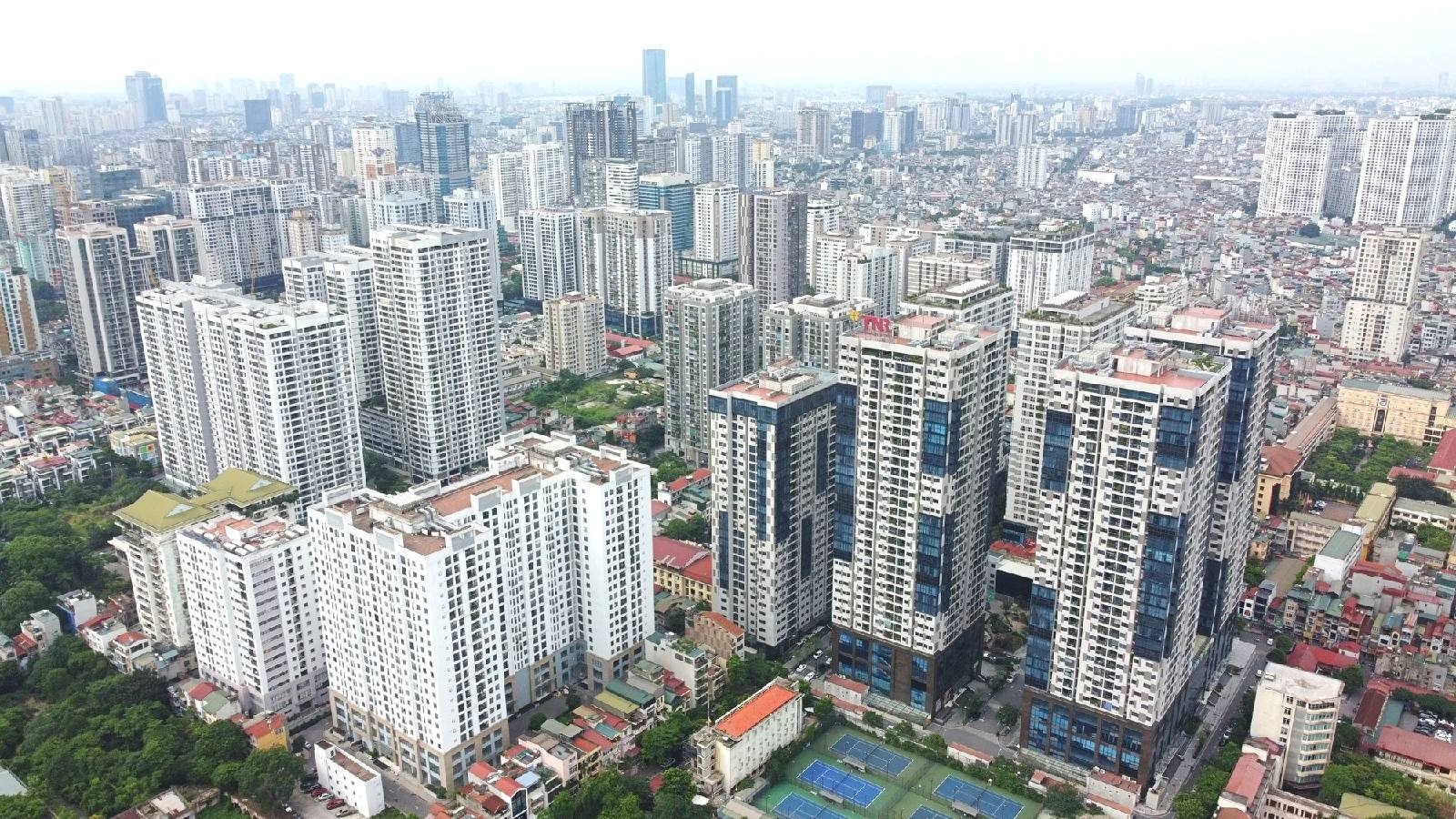
Dr. Nguyen Van Khoi said: New regulations related to land prices will have a certain impact on the real estate market. (Photo: VNM)
Dr. Nguyen Van Khoi proposed solutions to regulate and calculate land use fees, land rents, taxes, fees, and land charges in accordance with the actual conditions of each locality, on the basis of ensuring harmony of interests and minimizing negative impacts.
Fifth, Risks from the corporate bond market. The use of corporate bonds in the real estate sector in recent times has been fraught with many risks, creating the risk of insolvency and adversely affecting investor confidence, negatively impacting the entire market.
Sixth, legal risks and land disputes. Many real estate projects are still stuck in legal procedures, site clearance and prolonged land disputes, leading to delays and increased investment costs, causing a loss of confidence among investors and customers.
Finally, risks from global economic fluctuations. Dr. Nguyen Van Khoi said that the Vietnamese real estate market is strongly influenced by the global economy, especially factors such as economic recession, trade war, fluctuations in exchange rates and international interest rates.
“These fluctuations directly affect the ability to mobilize capital, FDI flows and foreign investor sentiment,” the Chairman of VNREA emphasized.
Source: https://www.congluan.vn/7-buc-tuong-can-buoc-tien-cua-thi-truong-bat-dong-san-viet-nam-post340904.html


![[Photo] Third meeting of the Organizing Subcommittee serving the 14th National Party Congress](https://vstatic.vietnam.vn/vietnam/resource/IMAGE/2025/4/2/3f342a185e714df58aad8c0fc08e4af2)

![[Photo] General Secretary To Lam receives Russian Ambassador to Vietnam](https://vstatic.vietnam.vn/vietnam/resource/IMAGE/2025/4/2/b486192404d54058b15165174ea36c4e)




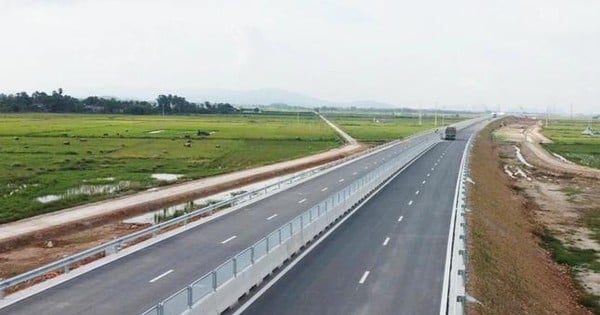


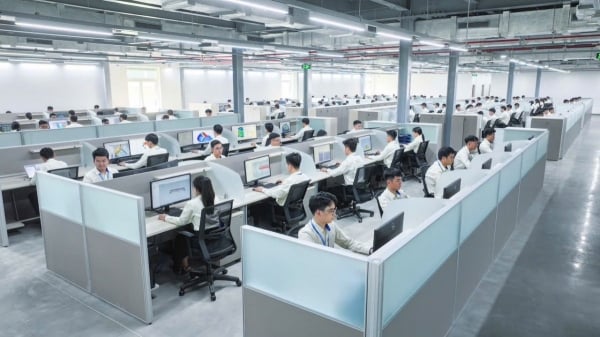










![[Photo] Relatives of victims of the earthquake in Myanmar were moved and grateful to the rescue team of the Vietnamese Ministry of National Defense.](https://vstatic.vietnam.vn/vietnam/resource/IMAGE/2025/4/2/aa6a37e9b59543dfb0ddc7f44162a7a7)











































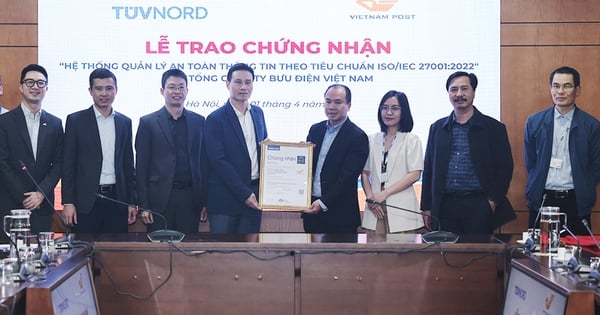




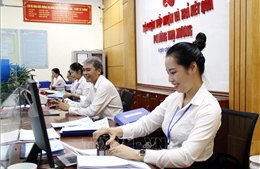

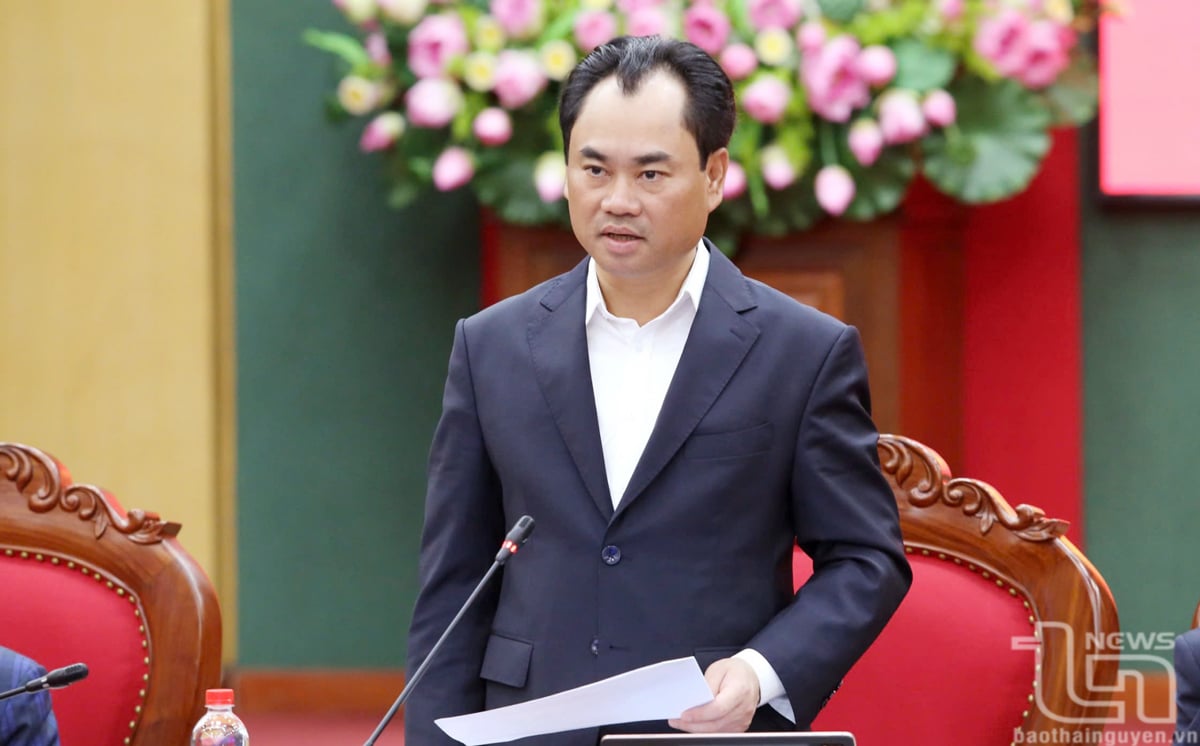
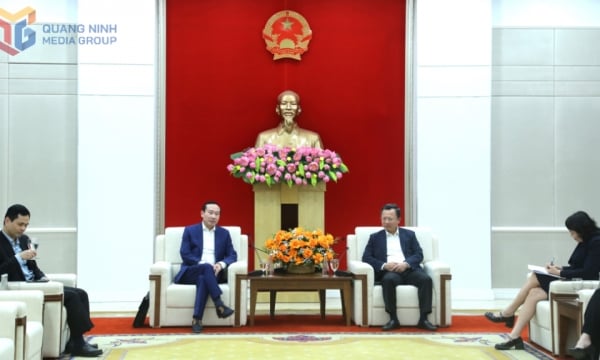

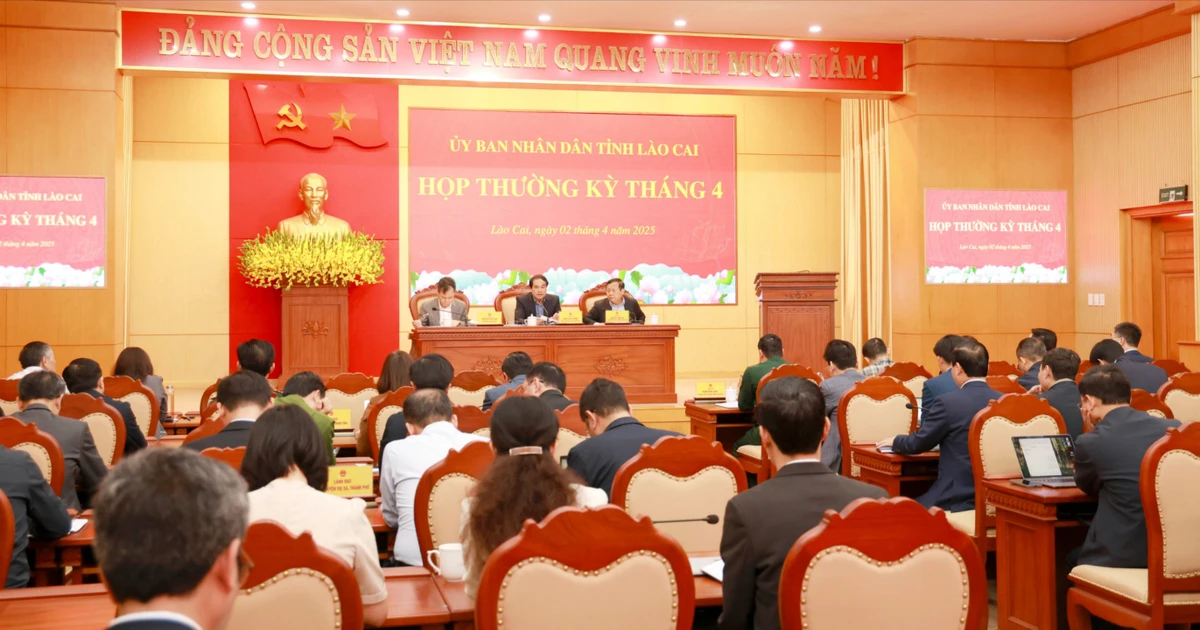














Comment (0)